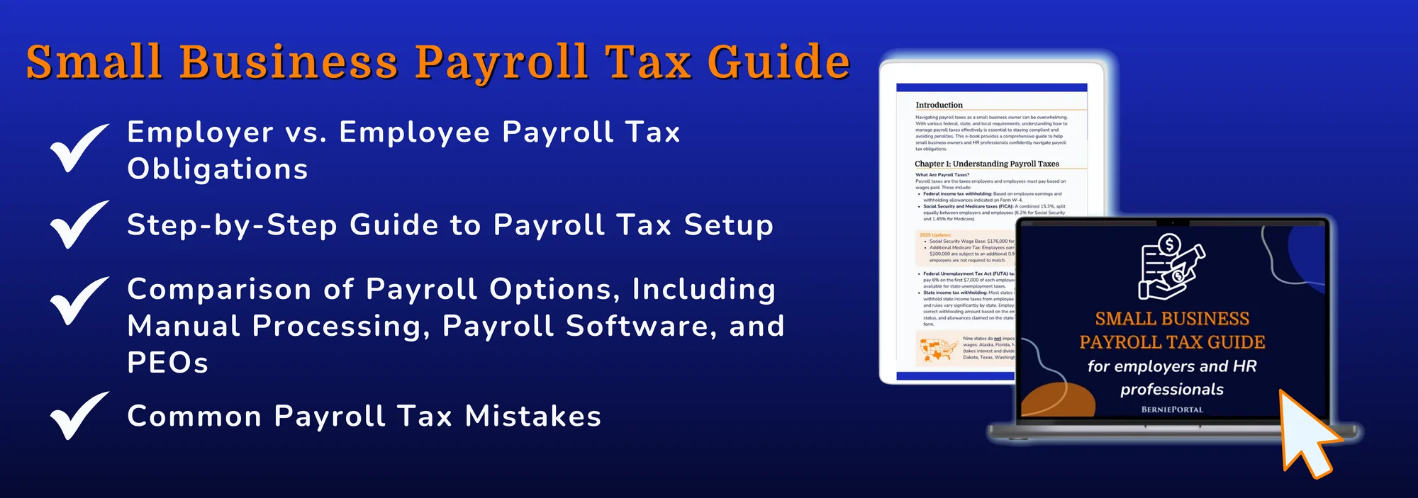
Written by
Lauren Brown
Lauren is an aPHR®-certified member of the Marketing team at Bernard Health. She writes about healthcare insights, employment law, and HR solutions.
What Is Flexible Staffing and How Can It Benefit Your Organization?

Today’s workforce looks very different than it did just a few decades ago. Gone are the days when every worker was a full-time employee clocking in from 9 to 5. Instead, flexible staffing has emerged as a popular and strategic solution—offering greater autonomy to workers and greater agility for employers.
From gig workers to seasonal staff, flexible staffing can help organizations fill critical gaps, reduce overhead costs, and remain competitive in a shifting labor market.
What Is Flexible Staffing?
Flexible staffing is a workforce strategy that involves hiring nontraditional workers to meet organizational needs. Rather than relying solely on full-time employees, businesses may bring in part-time staff, freelancers, seasonal workers, or independent contractors for specific roles or projects.
This staffing model allows companies to scale up or down quickly and efficiently—especially during peak seasons, special projects, or periods of rapid growth.
Types of Flexible Workers
Here's a breakdown of some of the most common types of flexible workers:
1. Independent Contractors
An independent contractor is a self-employed individual or business hired to complete specific work under a contract. They typically manage their own schedules, tools, and methods—and are not legally considered employees.
2. Gig Workers
Gig workers perform short-term jobs, often on-demand, through platforms like Uber, DoorDash, or TaskRabbit. Many are classified as independent contractors, though the classification can vary depending on the job and jurisdiction.
3. Contingent Workers
According to the U.S. Bureau of Labor Statistics, contingent workers are individuals who do not expect their jobs to last or who report their jobs are temporary. These workers usually have no ongoing employment contract and are brought in for a specific period or task.
How Flexible Staffing Helps Organizations
Flexible staffing offers several benefits to employers, especially small businesses or organizations managing unpredictable workloads:- Cost Efficiency: Hiring nontraditional workers can help you avoid the long-term costs associated with full-time employees, such as benefits and payroll taxes.
- Specialized Skills: Contractors or freelancers often bring niche expertise that may not be needed full-time but is crucial for certain projects.
- Seasonal Support: Retailers and other businesses often rely on seasonal employees during peak times, such as the holidays.
- Administrative Relief: When using a staffing or contracting agency, businesses may not have to manage payroll or HR compliance for temporary workers—saving both time and resources.
Flexible Staffing vs. Full-Time Employment: Key Differences
Understanding the distinction between flexible workers—such as independent contractors—and traditional full-time employees is critical for compliance and workforce planning.
One of the most important differences lies in control over the work. According to the IRS, if an employer controls what tasks are done and how they are completed, the worker is likely an employee. Independent contractors, on the other hand, maintain autonomy over how they perform their work. They may complete similar tasks, but they operate under their own methods, tools, and timelines as outlined in a contract—not under direct supervision.
Tax responsibilities also differ significantly. Employers are required to withhold income taxes and pay Social Security, Medicare, and unemployment taxes for their employees. However, when working with independent contractors, employers typically do not withhold or pay these taxes—contractors are responsible for managing their own tax obligations.
Another major difference is in benefits and legal protections. Full-time employees may receive benefits such as health insurance, paid time off, or retirement contributions. They are also protected by federal and state labor laws, including minimum wage requirements, anti-discrimination protections, and eligibility for unemployment insurance. In contrast, independent contractors do not qualify for these benefits or legal protections under most employment laws.
Ultimately, the differences between flexible staffing and full-time employment aren’t just about job titles—they affect everything from payroll to legal liability. Misclassifying workers can result in serious compliance issues and unexpected financial consequences, so it’s essential for organizations to clearly understand the implications of each employment type.
Additional Resources
You can stay informed, educated, and up to date with important HR topics using BerniePortal’s comprehensive resources:- BernieU—free online HR courses, approved for SHRM and HRCI recertification credit
- BerniePortal Blog—a one-stop shop for HR industry news
- HR Glossary—featuring the most common HR terms, acronyms, and compliance
- Resource Library—essential guides covering a comprehensive list of HR topics
- HR Party of One—our popular YouTube series and podcast, covering emerging HR trends and enduring HR topics
- Community—the HR Party of One Community forum, a place devoted to HR professionals to ask questions, learn more, and help others

Written by
Lauren Brown
Lauren is an aPHR®-certified member of the Marketing team at Bernard Health. She writes about healthcare insights, employment law, and HR solutions.
Related Posts
Part-time work is becoming increasingly common in today’s workforce—especially for...
As you know, healthcare and benefits can be complicated, which can make the enrollment...
With the deadline for filing and distributing 1095-C forms approaching, staying...
A strong paid time off (PTO) policy helps retain current talent and attract prospective...








Submit a Comment